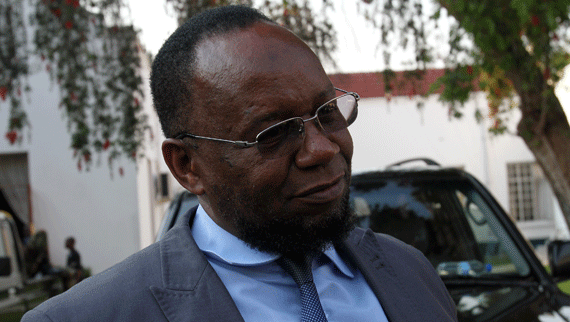
ONE of the many positive things ushered in by the new Constitution adopted last year after a bitter struggle is the official recognition of indigenous languages that had been confined to the periphery since independence.
The country’s new charter says all the languages are now as important as English, Shona and Ndebele, which were previously recognised as the official languages in Zimbabwe.
Chewa, Chibarwe, Kalanga, Koisan, Nambya, Ndau, Shangani, Sign Language, Sotho, Tonga, Tswana, Venda and Xhosa have to be taught at schools from primary level.
It is the duty of the government to ensure that these languages are taught at schools.
However, if Primary and Secondary Education minister Lazarus Dokora’s statements in the National Assembly last week that temporary teachers would be given the responsibility to introduce these subjects is the government’s position, then we have a problem.
Dokora claimed that the country does not have enough trained teachers to teach the languages, an assertion that does not hold water.
The country has teachers, but it is the deployment policy of the ministry that needs a relook.
For example, there has been a deluge of complaints that non-Ndebele speakers have been deployed to teach children as young as Grade One.
- Chamisa under fire over US$120K donation
- Mavhunga puts DeMbare into Chibuku quarterfinals
- Pension funds bet on Cabora Bassa oilfields
- Councils defy govt fire tender directive
Keep Reading
One does not need a rocket scientist to discern that in such a scenario a child’s language development skills are compromised from a very early stage and correcting that could later in life be impossible.
The government has to insist on the deployment of teachers in areas where they are familiar with the language and culture of their students.
Another way of addressing the problem would be taking teachers already in these schools where new languages are being introduced for refresher courses.
In 2011, the Education ministry under David Coltart introduced the teaching of Tonga in Binga.
Pupils sat for their first ever examination in the language in Grade 7 and the pass rate was impressive.
This proves that with proper planning the introduction of the new languages at schools should not give the authorities any headaches at all.










